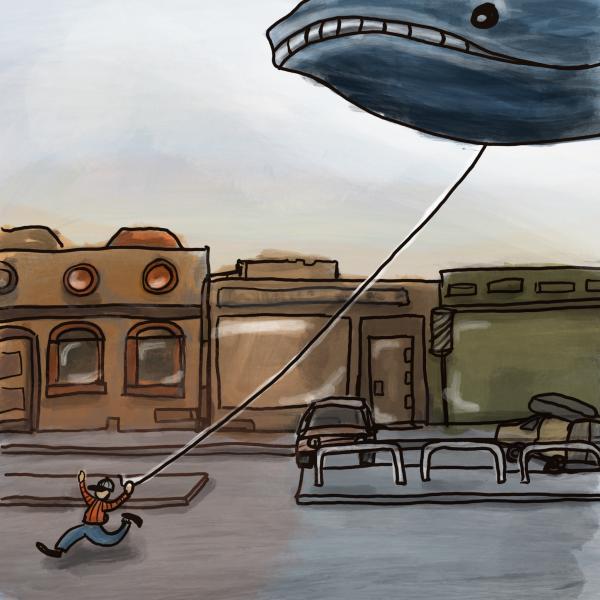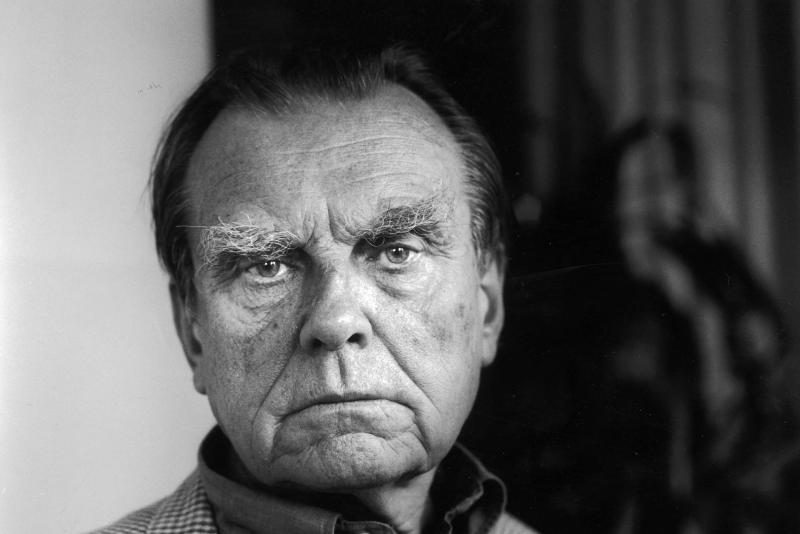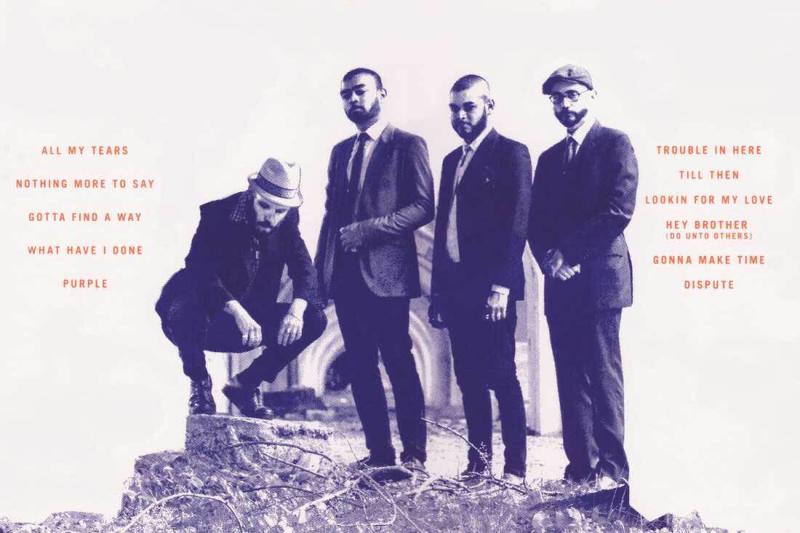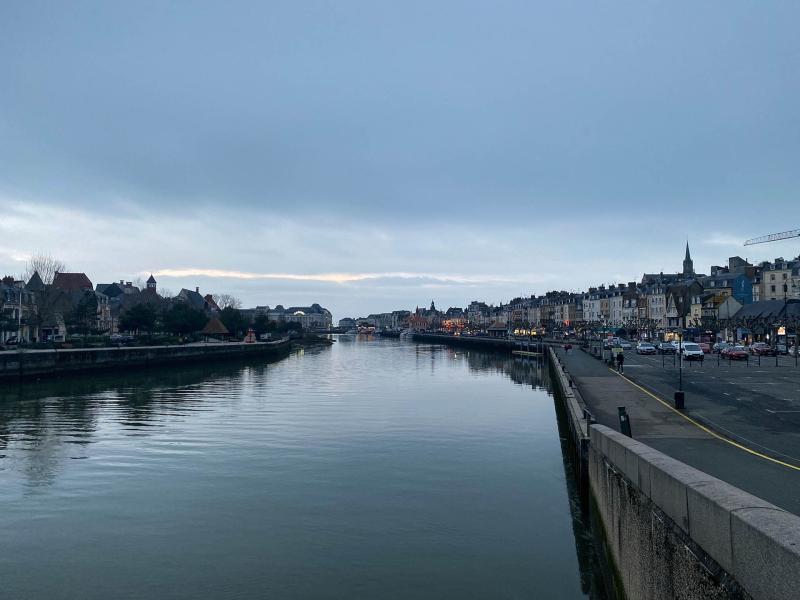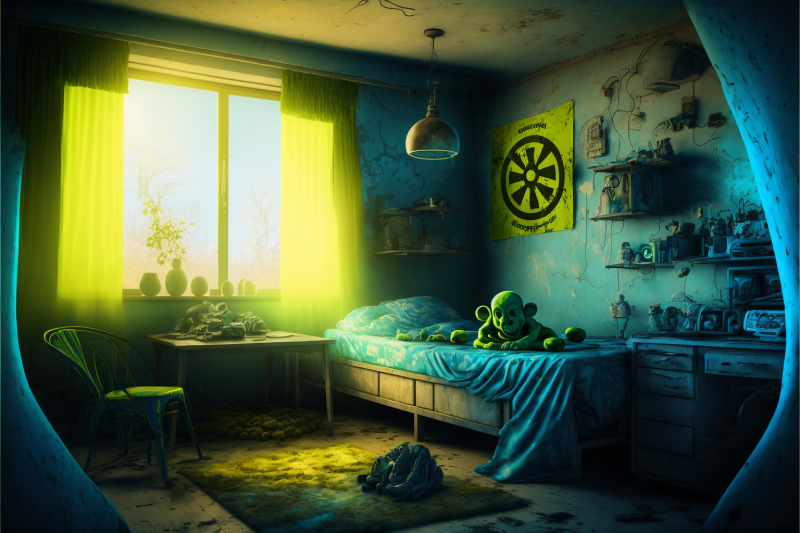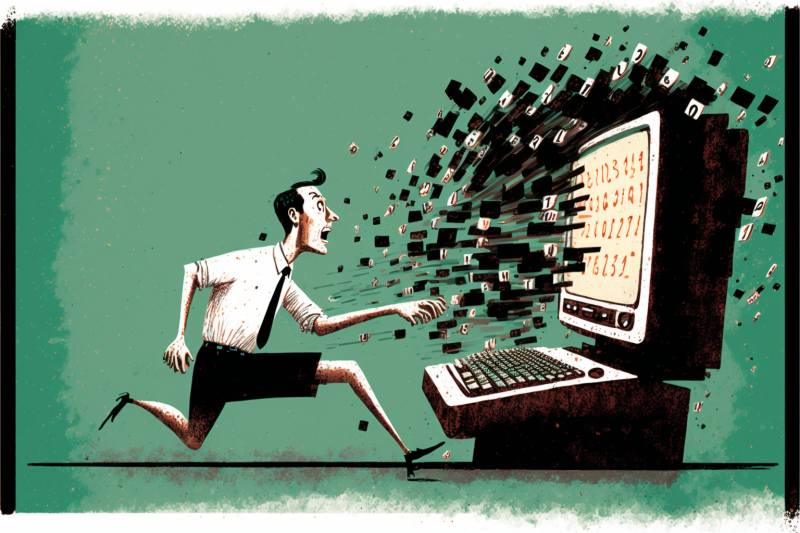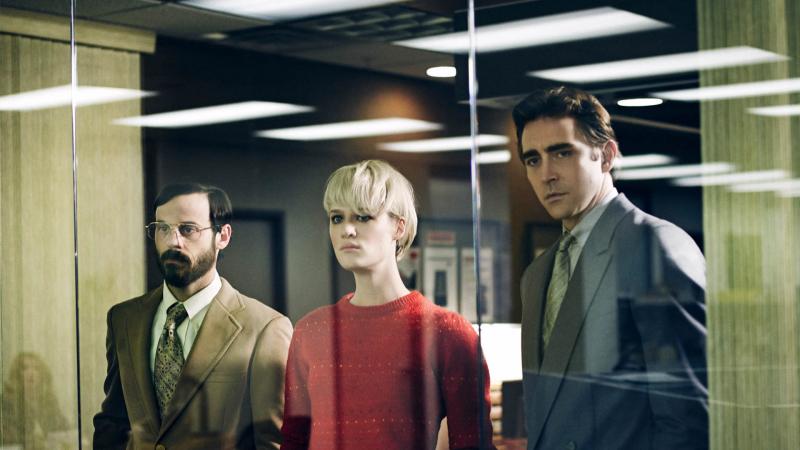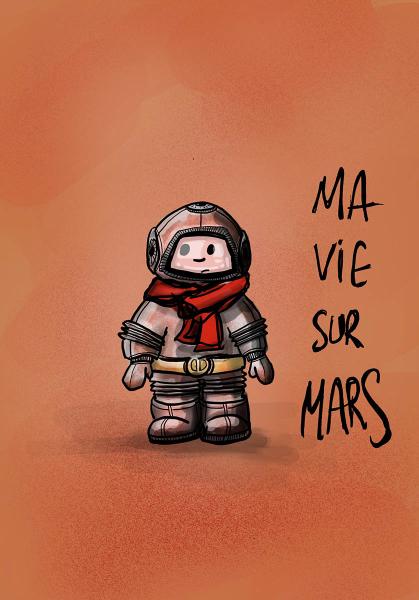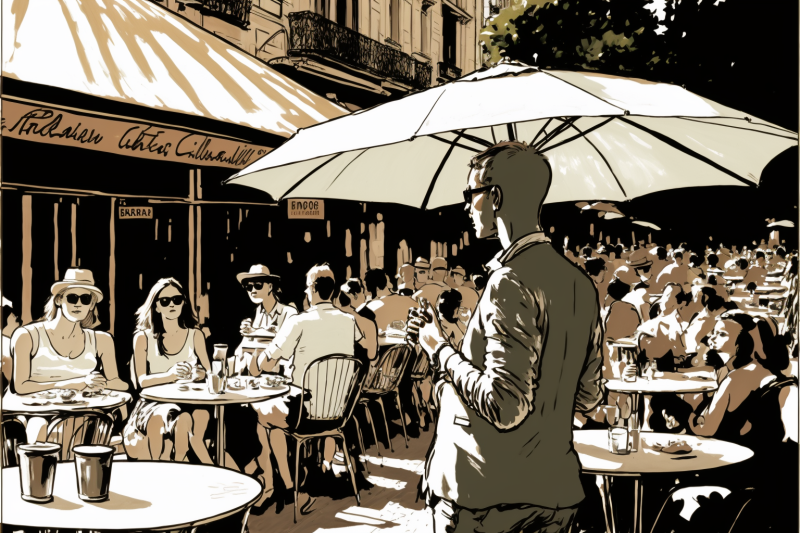I spend so much time writing on my computer (novel, screenplay, journal, email, etc.) that I recently started practicing typing. Every word-per-minute I gain will be paid back a hundredfold - that's my evil plan.
During one of these typing sessions, I realized the following phenomenon: I get much better scores when I'm not trying to go fast.
Or more precisely: when I focus solely on accuracy (making zero mistakes by going as slow as necessary), I become both faster (in words per minute) and more accurate (in errors per sentence). In other words: I type faster when I'm taking my time.
Hence my question: in how many areas am I inefficient (or just plain bad) because I try to go too fast?
Besides, why go fast?
It seems there is nothing we can do about it: it's a conditioned reflex. As soon as we master the basics of an activity, the next step is to want to increase the pace. Find the technique, the trick, the gadget that will allow to go faster to improve performance. Above all, don't waste time.
We see this everywhere. In school, the best students are those who shine in limited time. In sports, the medal goes to the fastest. At work, the first one in wins the job or the promotion. It's so ingrained that we don't even think about it anymore.
But recently, I've been leading the resistance.
If you think about it, you realize that there are many activities where speed isn't as necessary as you might imagine. Roughly speaking, unless you're an EMT, firefighter, or a sprinter, we've become accustomed to going too fast in everything.
So the next time you're working, walking, or cleaning, ask yourself this magic question, "Could I do this activity much, much slower?".
This way of looking at things has transformed my daily life.
The idea that I could complete a task "at my own pace" without regard to speed or efficiency makes any activity much more palatable to me. I procrastinate less. I am less anxious about work. I consider without apprehension actions that I would never have thought of undertaking before. And when I notice latent stress, I can often relate it to an underlying performance pressure.
But most importantly, this philosophy has another benefit I didn't expect: slowing down has made me much, much faster at everything.
* For those interested, my routine for typing on the keyboard: I start with keybr where my goal is to make zero mistakes with capitalization and punctuation enabled. then I move on to monkeytype where I need to be over 96% accurate (French 2K with capitalization and quotation marks). Finally, 10fastfingers to go as fast as possible while still staying above 96%.

